The Chinese Communist Party congress that could make Xi president for life, explained

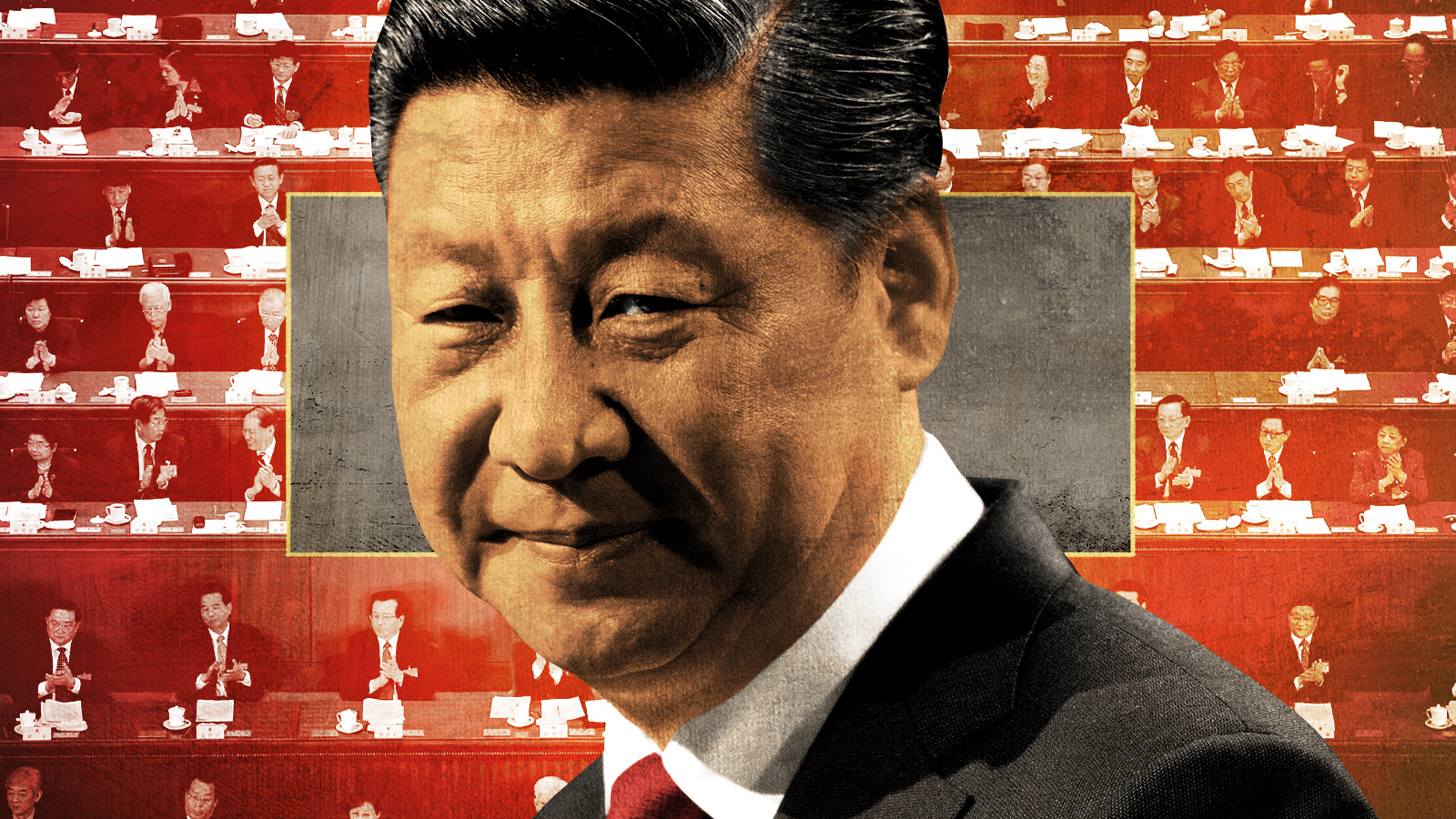
A free daily email with the biggest news stories of the day – and the best features from TheWeek.com
You are now subscribed
Your newsletter sign-up was successful
China's ruling Communist Party is preparing for its national congress, the conclave that party leaders — and thus China's leaders — hold every five years to set China's direction and leadership for the next quinquennial. The 20th national congress will begin Oct. 16 and last for about a week, but President Xi Jinping and members of his government have already started the patriotic pageantry leading up to the event.
Xi, with no obvious successor and an iron grip on the Chinese Communist Party, is almost certain to emerge from the congress with a precedent-defying third five-year term in office and, if he wants it, the presidency for life. Here's a look at what will happen and why it matters.
What will happen at the 20th CCP congress?
"Quite simply, the CCP National Congress is the gathering that defines China's political leadership and sets the tone for its relationship with the rest of the world," Britain's Chatham House policy institute explains. About 2,300 party members will gather for the event, and the part of the congress that "attracts the most international attention" is the selection of the country's leadership team — 25 members of the Politburo, seven members of the Politburo Standing Committee, the general secretary of the party, and the head of its Central Military Commission, or commander in chief.
The Week
Escape your echo chamber. Get the facts behind the news, plus analysis from multiple perspectives.

Sign up for The Week's Free Newsletters
From our morning news briefing to a weekly Good News Newsletter, get the best of The Week delivered directly to your inbox.
From our morning news briefing to a weekly Good News Newsletter, get the best of The Week delivered directly to your inbox.
Xi holds, and will keep, those last two titles. He will be officially appointed president again in March, at a gathering of the largely ceremonial legislature, the National People's Congress.
Ostensibly, three committees pick the party's — and country's — leadership at this month's CCP congress, but "in reality, the decisions are made in advance," Bloomberg News reports. "Party elders and power brokers normally retreat to the seaside town of Beidaihe in July or August to lobby for their picks. The congress consists mostly of meetings behind closed doors and at the end Xi delivers a speech that's already been rubber-stamped."
Xi's long speech kicking off the congress may sound "bland," but it will be "the most authoritative public account of the Chinese Communist Party's path on all major policy fronts," from macroeconomics to the price of food, Chatham House's Yu Jie writes. It will be a "collegial effort and should not be considered Xi's personal manifesto" but rather a statement of "the view of the current Politburo Standing Committee and that of the CCP."
Still, "the weeklong event all boils down to one moment: when Xi strides along a red carpet soon after the close of the congress with the new supreme Standing Committee following him in order of rank," Bloomberg explains. "Only then will China's 1.4 billion people learn who will be running their economy, military and foreign policy for the next five years."
A free daily email with the biggest news stories of the day – and the best features from TheWeek.com
Does Xi have any rivals to the throne?
Not any serious rivals, no. Xi launched an anti-corruption campaign that conveniently "peeled off rivals over the past decade, and no one with the right age or experience has been groomed as a successor," Bloomberg says.
Before Xi was appointed China's leader, Premier Li Keqiang "was seen as his main rival," the Financial Times reports. "In the run-up to this month's congress, many of Xi's critics at home and abroad had hoped that Li might help roll back his boss's most controversial policies," but he "has been comprehensively sidelined by Xi" and "has not risen to the occasion."
About three weeks before the congress, rumors started spreading online that Xi had been deposed in a coup. "The rumor was baseless, but it was just the latest episode of Chinese language posts fueling reports that Xi will meet his political end soon," write Nathan Levine and Johanna Costigan of the Center for China Analysis at Washington's Asia Society Policy Institute. "Given the increasingly dark realities facing China, the temptation to predict Xi's downfall on the basis that he must surely be facing rising internal opposition is understandable and clearly cathartic. Unfortunately, however, it is also baseless."
"I thought it was probably false just because this is silly season when all sorts of rumors happen, but the other hand, it is elite politics, and it's possible something like [a coup] might actually happen," Joseph Fewsmith, professor of international relations at Boston University, tells Politico. "I don't want to speculate on who's seeding these rumors, but obviously, one or more groups are trying to stir something up and I do think that there is a large number of people in China, even at high levels, who don't want Xi Jinping to take a third term."
What has Xi done as China's leader?
Xi pledged to make China "a major power on the world stage," and in many ways he has succeeded, Bloomberg reports. "Today, China has an economy on course to surpass the U.S.'s as the world's biggest in a decade or so, boasts the largest navy and has invested billions of dollars in infrastructure projects around the world to build influence." On the other hand, "he's also tightened controls over the internet, cracked down on public criticism and detained members of minority groups, including in the predominantly Muslim Xinjiang region," and crushed Hong Kong's pro-democracy movement.
There was hope early on that Xi would be a pragmatic reformer, but "far from being a reformer, Mr. Xi sees himself as a restorer — of the party and its central role in society, and of China and its role in the world," The Economist assesses. "He has amassed more power and wielded it more ruthlessly than any Chinese leader since Mao Zedong. As his power has grown, so has China's ambition."
When Xi took power in 2021, "China was changing fast," The Economist says. "The middle class was growing, private firms were booming and citizens were connecting on social media. A different leader might have seen these as opportunities. Mr. Xi saw only threats."
What does Xi want to accomplish?
"The heart of Mr. Xi's plan is to restore the Communist Party, which had faded from the lives of many people," The Economist reports. "He came of age in the Cultural Revolution, when Mao upended society by mobilizing the Red Guards to attack intellectuals and officials deemed insufficiently loyal," including Xi and his family.
"Rather than reject the party after Mao's purges, he dedicated himself to restoring it," viewing it as "the only institution able to prevent such chaos from recurring," The Economist says. "Whereas Mao united the country and Deng Xiaoping helped it prosper, Mr. Xi believes he will be the one to make it great again."
"The contest between China and the West is, above all, one between competing philosophies," The Economist adds. "Western governments believe success comes from letting people choose their own destiny. China's rulers believe that individuals must sacrifice their liberties, privacy, and dignity for the greater good — as defined by the party. Mr. Xi espouses a maximalist version of this. Lately it has not been going well."
How will another five years of Xi affect the West?
"Xi does not share the notion of his predecessors of being deferential to the U.S.," Kerry Brown, director of the Lau China Institute at King's College, London, and author of a book on Xi, tells Politico. "He is a realist and understands the U.S. has great economic and military, and cultural, power," but he wants China "to be important for itself," and "this is of course one of the main reasons for the fractiousness between the two — the idea that not only does China now want a form of global power, but one that is markedly different from the U.S.," with "a greater role for itself and its self-interest, but not wanting to become a new U.S. burdened with international responsibilities."
The increased hostility between China and the West, especially the trade wars, have convinced Xi that China has to "become more self-reliant," with "the need to take control of production and supply chains," Chatham House's Yu Jie writes. "Expect an emphasis on greater self-sufficiency in sectors of strategic importance to form a substantial part of this year's political report."
Xi's "aggressive economic and political posture has really started to push many potential economic and diplomatic allies away from China," Sen. Chris Murphy (D-Conn.) tells Politico. But "I don't think we are decoupling from China — I think the United States and Europe will continue to have a robust economic and trade relationship with China," even as we "make the decision about several key industries and whether we can be completely reliant on China when it comes to high tech, health care, critical minerals."
Peter has worked as a news and culture writer and editor at The Week since the site's launch in 2008. He covers politics, world affairs, religion and cultural currents. His journalism career began as a copy editor at a financial newswire and has included editorial positions at The New York Times Magazine, Facts on File, and Oregon State University.
-
 Corruption: The spy sheikh and the president
Corruption: The spy sheikh and the presidentFeature Trump is at the center of another scandal
-
 Putin’s shadow war
Putin’s shadow warFeature The Kremlin is waging a campaign of sabotage and subversion against Ukraine’s allies in the West
-
 Media: Why did Bezos gut ‘The Washington Post’?
Media: Why did Bezos gut ‘The Washington Post’?Feature Possibilities include to curry favor with Trump or to try to end financial losses
-
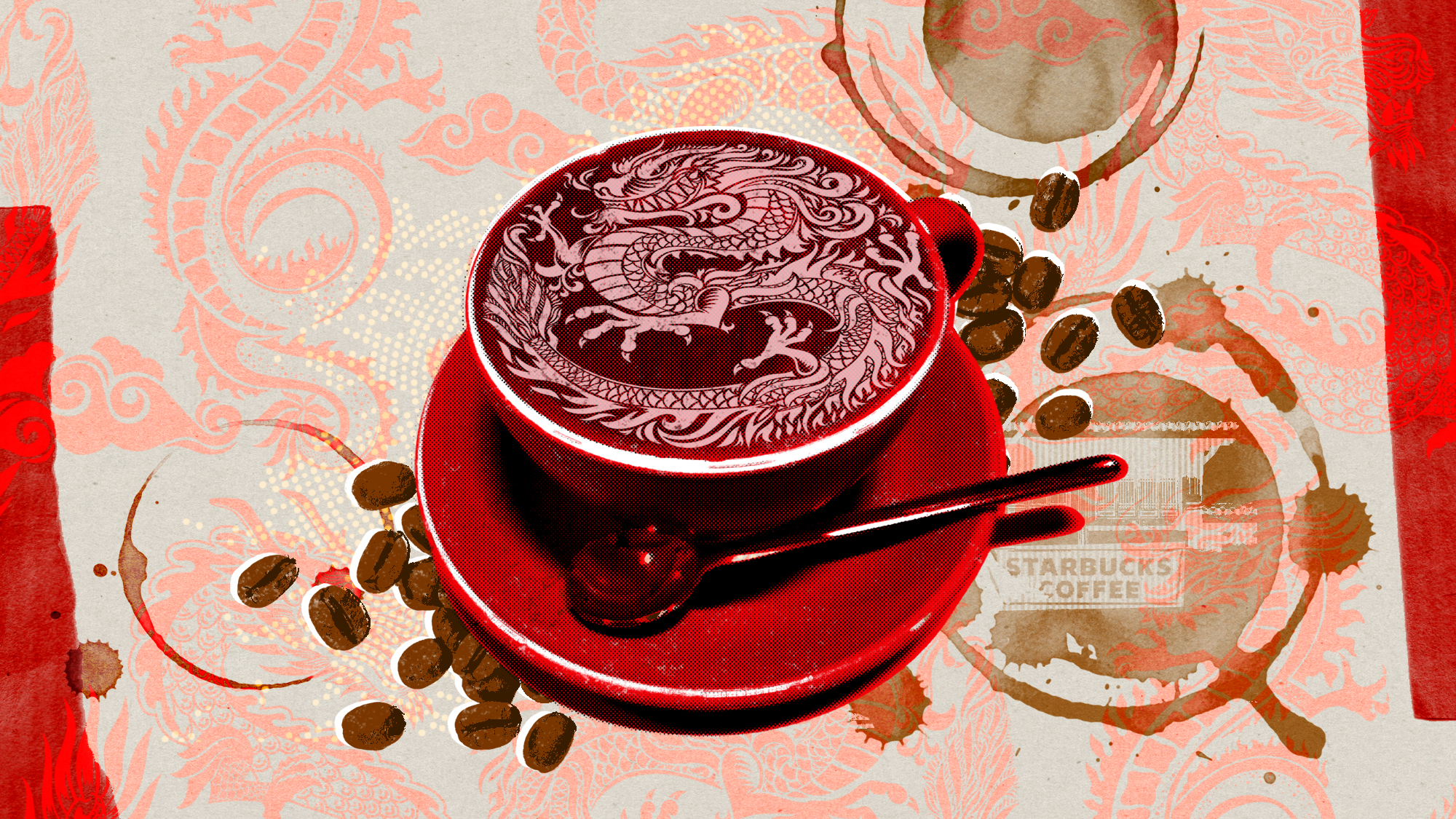 China’s burgeoning coffee culture
China’s burgeoning coffee cultureUnder The Radar Local chains are thriving as young middle-class consumers turn away from tea
-
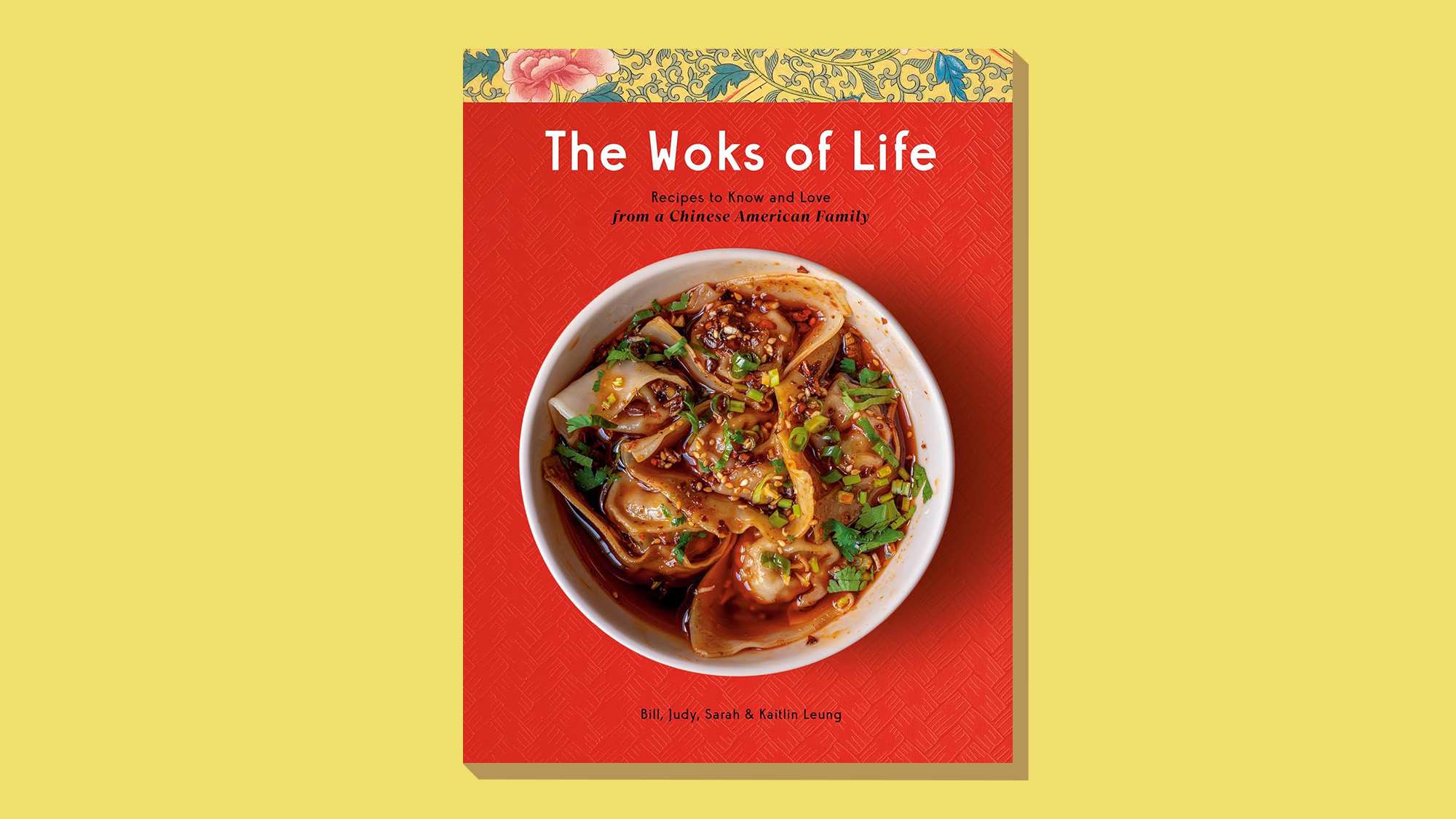 One great cookbook: ‘The Woks of Life’
One great cookbook: ‘The Woks of Life’The Week Recommends A family’s opinionated, reliable take on all kinds of Chinese cooking
-
 How digital ID cards work around the world
How digital ID cards work around the worldThe Explainer Many countries use electronic ID to streamline access to services despite concern by civil rights groups they ‘shift the balance of power towards the state’
-
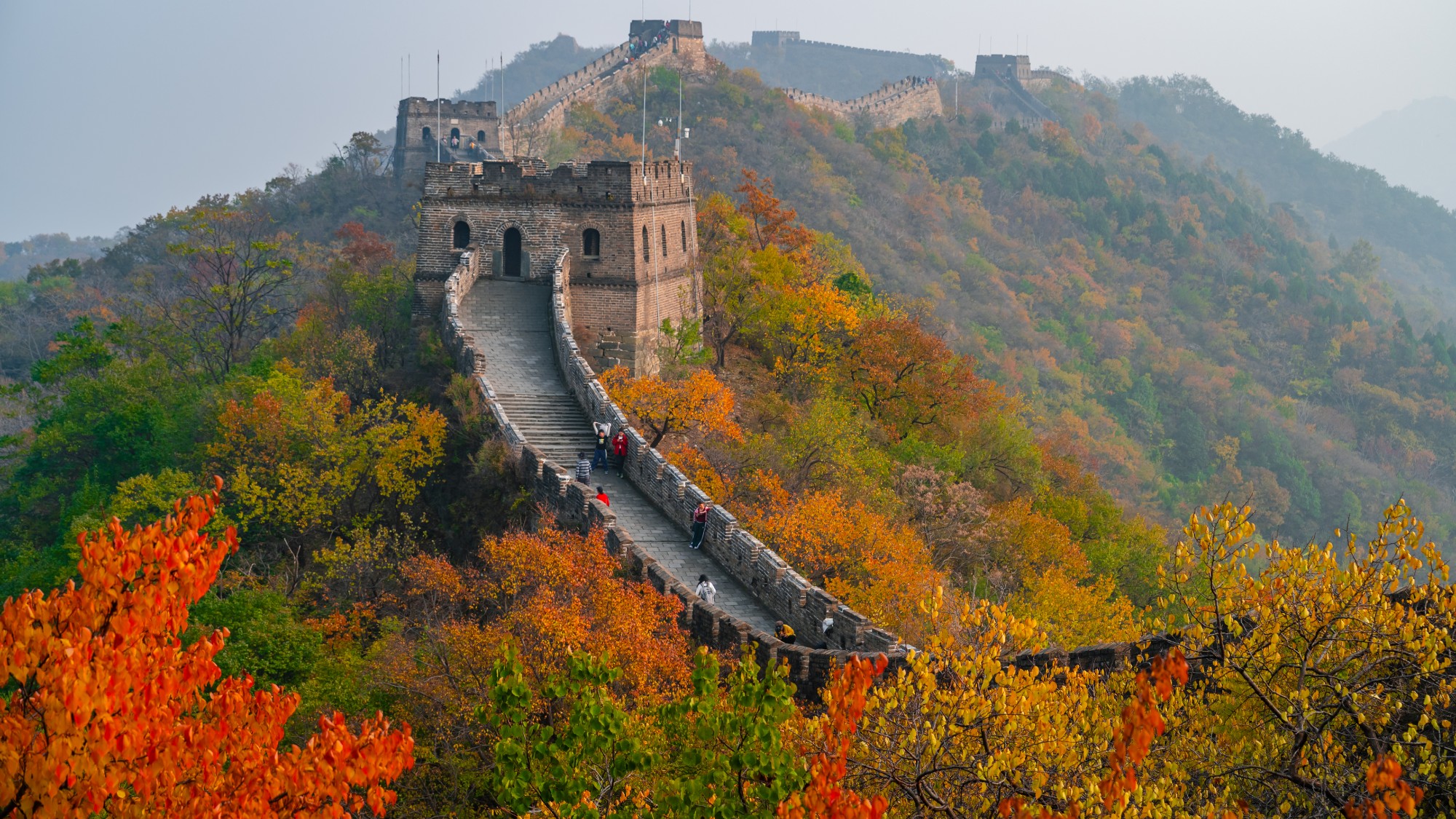 A guide to the Great Wall of China
A guide to the Great Wall of ChinaThe Week Recommends Experience this architectural feat
-
 How to go on your own Race Across the World
How to go on your own Race Across the WorldThe Week Recommends The BBC hit show is inspiring fans to choose low-budget adventures
-
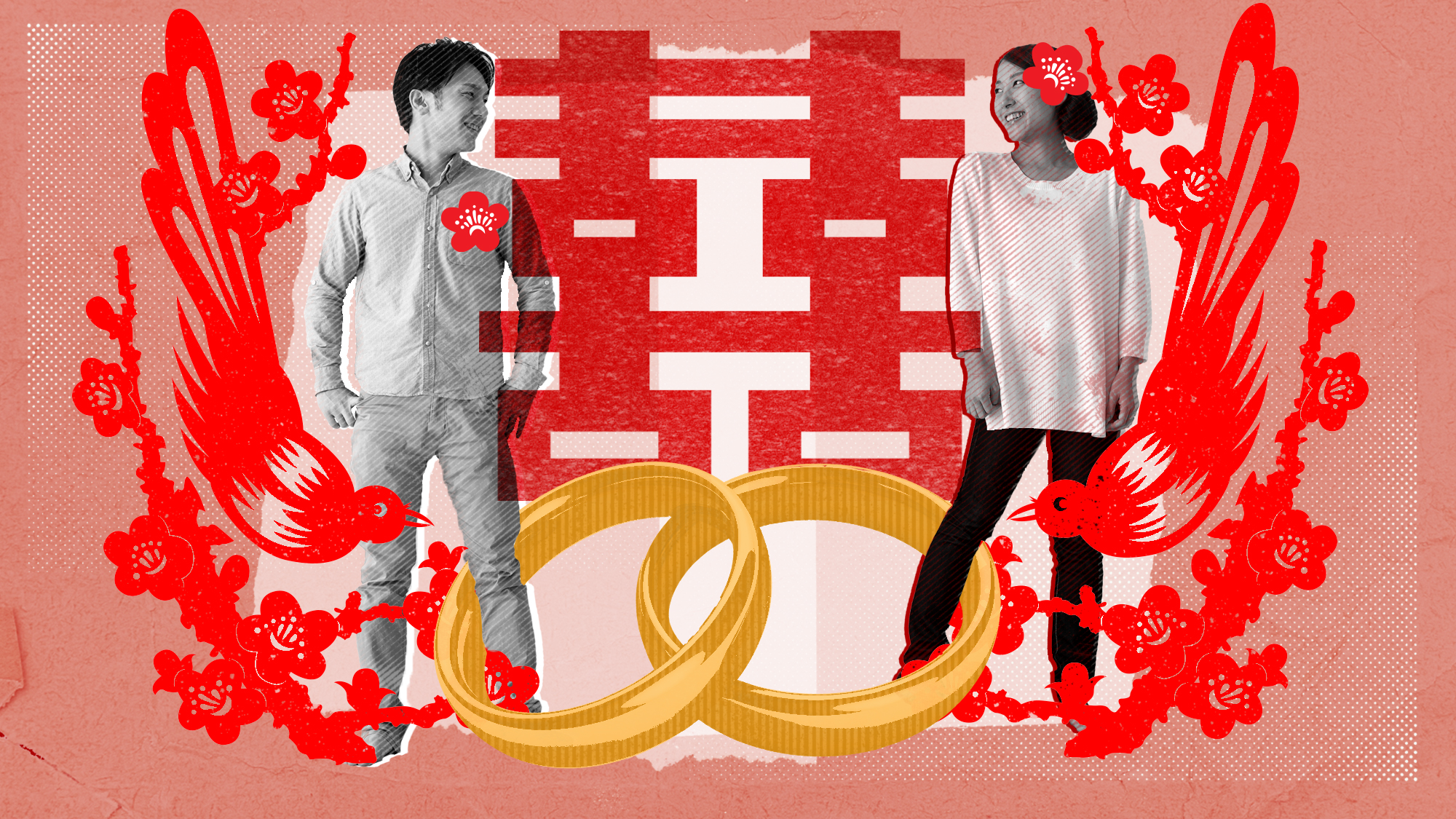 Holy mate-trimony: the rise of 'friendship marriages'
Holy mate-trimony: the rise of 'friendship marriages'Under the Radar Young people in China, Japan and the US are saying 'I do' to platonic unions, to alleviate social pressure or loneliness and access financial benefits
-
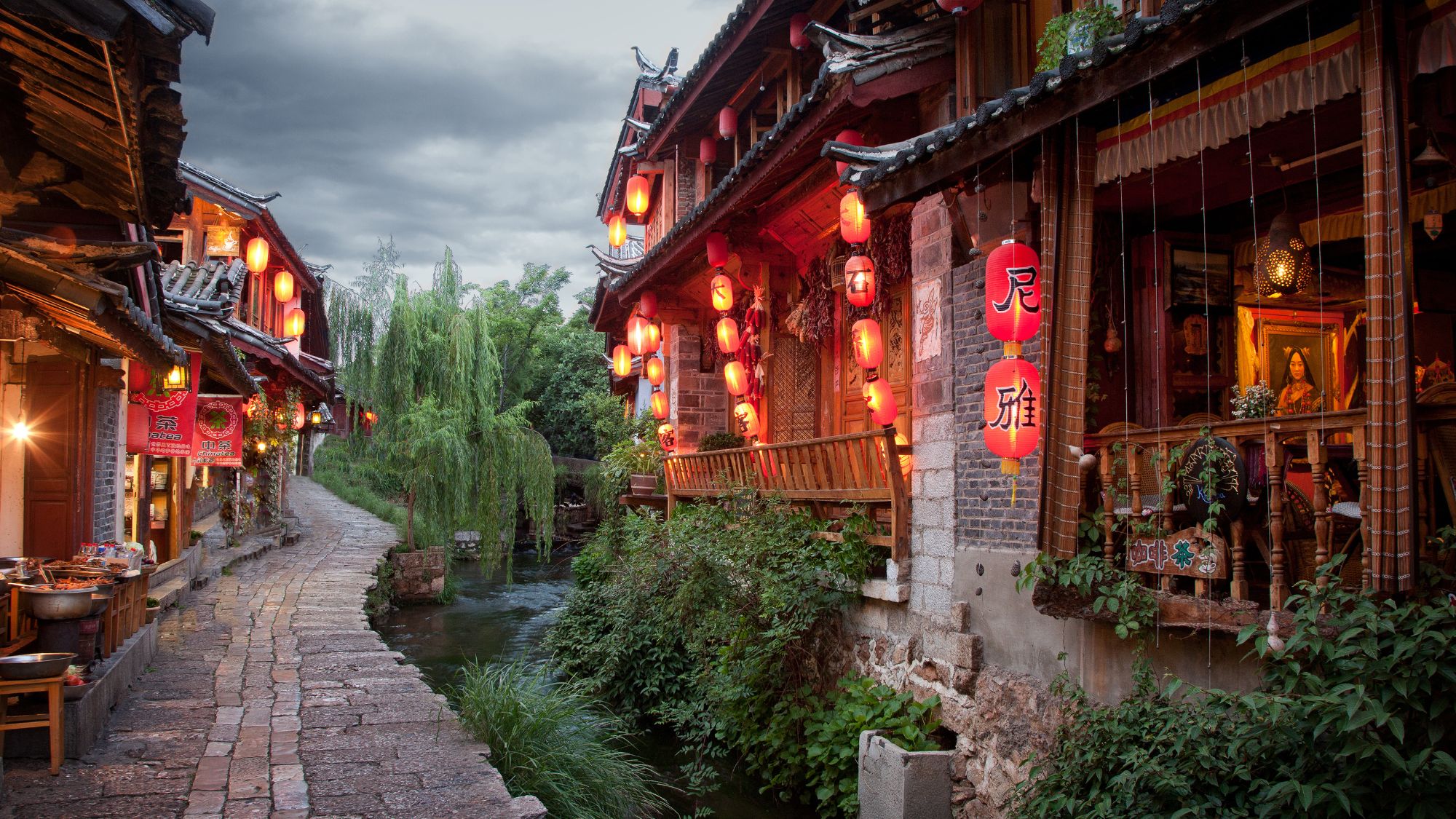 Following the Tea Horse Road in China
Following the Tea Horse Road in ChinaThe Week Recommends This network of roads and trails served as vital trading routes
-
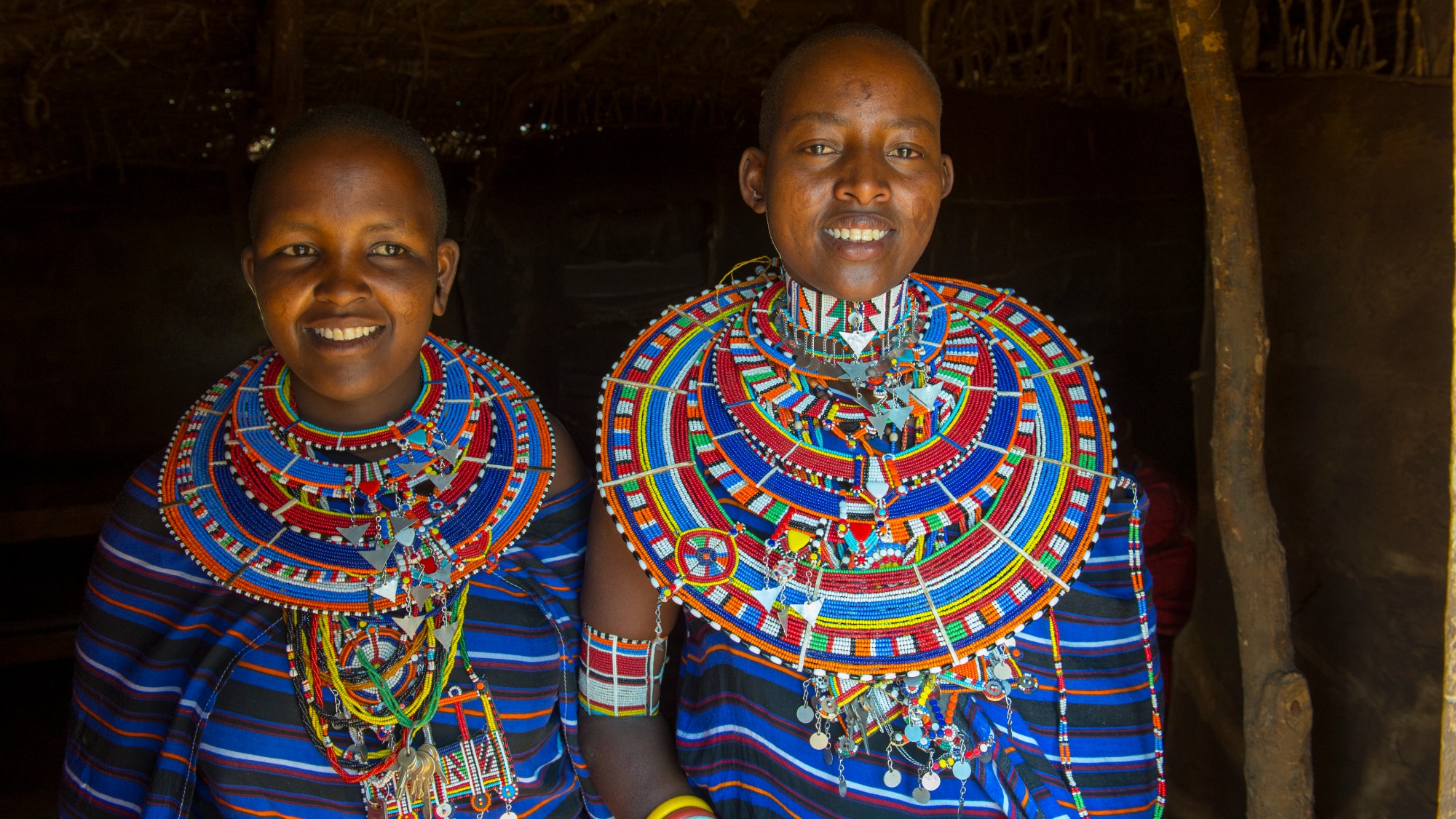 Hands-on experiences that let travelers connect with the culture
Hands-on experiences that let travelers connect with the cultureThe Week Recommends Sharpen your sense of place through these engaging activities
